![]() >> www.cnc-aff.fr The CNC French Film Archives were created in 1969 on the initiative of André Malraux, Minister of Culture, so that the state could take over the inventory and conservation of old films, including those on nitrate supports. Subsequently, the collections of old films steadily grew. In addition to voluntary deposits, donations, and acquisitions, legal deposits for films were implemented in 1977 and became the CNC’s responsibility in 1992.
>> www.cnc-aff.fr The CNC French Film Archives were created in 1969 on the initiative of André Malraux, Minister of Culture, so that the state could take over the inventory and conservation of old films, including those on nitrate supports. Subsequently, the collections of old films steadily grew. In addition to voluntary deposits, donations, and acquisitions, legal deposits for films were implemented in 1977 and became the CNC’s responsibility in 1992.
BIDRAGENDE ARKIVER
>> www.cncinema.abt.ro Arhiva Nationala de Filme (ANF) was established in 1957 as sole institution in Romania that collects, preserves and uses films for non-commercial purposes. Over the years it has been active in finding and identifying films, cataloguing as well as carrying out a series of studies on the history of Romanian cinema. It is a member of FIAF since 1960 and member of ACE since 1996.
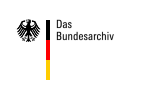 >>www.bundesarchiv.de It is the concern of every cultured nation to maintain, care for, make accessible to the public and continually supplement its stock of moving pictures. The Federal Republic of Germany primarily fulfils this responsibility through the Federal Archives. The Federal Film Archive in Berlin is one of the largest archives of its kind in the world.
>>www.bundesarchiv.de It is the concern of every cultured nation to maintain, care for, make accessible to the public and continually supplement its stock of moving pictures. The Federal Republic of Germany primarily fulfils this responsibility through the Federal Archives. The Federal Film Archive in Berlin is one of the largest archives of its kind in the world.
 >> www.cinecitta.com Cinecittà Luce er en offentlig virksomhed, der arbejder som en operativ del af Kulturministeriet for den italienske filmindustri. Cinecittá Luce er resultatet af sammenlægningen af Cinecittà Holding og Istituto Luce, hvor sidstnævnte er det første statslige filmselskab i Europa, der blev grundlagt i 1924.
>> www.cinecitta.com Cinecittà Luce er en offentlig virksomhed, der arbejder som en operativ del af Kulturministeriet for den italienske filmindustri. Cinecittá Luce er resultatet af sammenlægningen af Cinecittà Holding og Istituto Luce, hvor sidstnævnte er det første statslige filmselskab i Europa, der blev grundlagt i 1924.
![]() >>www.cinemateca.pt The Cinemateca Portuguesa-Museu do Cinema er det nationale filmmuseum i Portugal, en statslig institution, der står for bevarelsen og formidlingen af den portugisiske og verdens filmarv. Det blev grundlagt i begyndelsen af 1950'erne af Cinémathèque-pioner Manuel Félix Ribeiro, og blev en selvstændig institution i 1980.
>>www.cinemateca.pt The Cinemateca Portuguesa-Museu do Cinema er det nationale filmmuseum i Portugal, en statslig institution, der står for bevarelsen og formidlingen af den portugisiske og verdens filmarv. Det blev grundlagt i begyndelsen af 1950'erne af Cinémathèque-pioner Manuel Félix Ribeiro, og blev en selvstændig institution i 1980.
 >> www.cinematheque.fr Cinémathèque Française blev grundlagt i 1936 af Henri Langlois, Georges Franju, Jean Mitry og Paul Auguste Harlé. I årenes løb har det udviklet sig til et center for filmkultur, og dets omfattende samling gør det til et af verdens mest berømte filmarkiver. Det er også et sted, hvor flere generationer har oplevet at se film i biografen for første gang.
>> www.cinematheque.fr Cinémathèque Française blev grundlagt i 1936 af Henri Langlois, Georges Franju, Jean Mitry og Paul Auguste Harlé. I årenes løb har det udviklet sig til et center for filmkultur, og dets omfattende samling gør det til et af verdens mest berømte filmarkiver. Det er også et sted, hvor flere generationer har oplevet at se film i biografen for første gang.
>>www.cinematek.be The Cinémathèque Royale is one of the most important archives in Europe and in the world, due to its collections, its activities in exhibiting and distributing archival films across Europe, its role in the International associations of Archives (FIAF, ACE), its technical staff who has a history o
![]() >> www.cinetecadibologna.it Cineteca di Bologna er en kommunal institution med den primære opgave at
>> www.cinetecadibologna.it Cineteca di Bologna er en kommunal institution med den primære opgave at
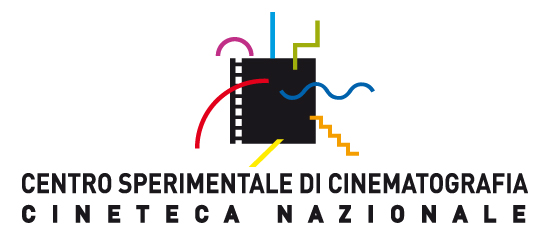 >>www.fondazionecsc.it The Cineteca Nazionale (National Film Archive), part of Centro Sperimentale di Cinematografia, one of the most important film archives in Europe, was instituted by State law in 1949 in order to preserve and propagate Italy's cinematographic heritage. The original nucleus of the collection was put together with the establishment of the Centro Sperimentale di Cinematografia in the 1930s, and it was used as a teaching aid.
>>www.fondazionecsc.it The Cineteca Nazionale (National Film Archive), part of Centro Sperimentale di Cinematografia, one of the most important film archives in Europe, was instituted by State law in 1949 in order to preserve and propagate Italy's cinematographic heritage. The original nucleus of the collection was put together with the establishment of the Centro Sperimentale di Cinematografia in the 1930s, and it was used as a teaching aid.
 >> www.dfi.dk Det Danske Filminstitut er den nationale institution, der er ansvarlig for at støtte og fremme af film og filmkultur og for bevarelse af disse. DFI's aktiviteter strækker sig fra deltagelse i udvikling og produktion af spillefilm, kort-og dokumentarfilm, over distribution og markedsføring til forvaltningen af det nationale filmarkiv og cinematek.
>> www.dfi.dk Det Danske Filminstitut er den nationale institution, der er ansvarlig for at støtte og fremme af film og filmkultur og for bevarelse af disse. DFI's aktiviteter strækker sig fra deltagelse i udvikling og produktion af spillefilm, kort-og dokumentarfilm, over distribution og markedsføring til forvaltningen af det nationale filmarkiv og cinematek.
![]() >> www.deutsche-kinemathek.de The task of the Deutsche Kinemathek – Museum für Film und Fernsehen is to collect, preserve, develop, present and mediate our audiovisual heritage. Since 2006, it remains the sole institution in Europe presenting both media together through its permanent exhibitions on film and television.
>> www.deutsche-kinemathek.de The task of the Deutsche Kinemathek – Museum für Film und Fernsehen is to collect, preserve, develop, present and mediate our audiovisual heritage. Since 2006, it remains the sole institution in Europe presenting both media together through its permanent exhibitions on film and television.
![]() >> www.deutsches-filminstitut.de Grundlagt i 1949, er Deutsches Filminstitut - DIF ikke alene den ældste filminstitution i Tyskland, men også en af landets største.Siden inkorporeringen af Deutsches Filmmuseum i 2006, har DIF været i stand til at dække en usædvanlig bred vifte af tjenester og ekspertise i film:
>> www.deutsches-filminstitut.de Grundlagt i 1949, er Deutsches Filminstitut - DIF ikke alene den ældste filminstitution i Tyskland, men også en af landets største.Siden inkorporeringen af Deutsches Filmmuseum i 2006, har DIF været i stand til at dække en usædvanlig bred vifte af tjenester og ekspertise i film:
 >> www.filmi.arhiiv.ee The main task of the Estonian Film Archives, according to the Act of Archives, is to collect, preserve and provide access to the national film, photo and audio heritage. Collecting and preserving film heritage started in 1935. After the II WW governing the archival matters was directed to Moscow. Access to most of the pre-war films was restricted (the first film of Estonian origin was released in 1912).
>> www.filmi.arhiiv.ee The main task of the Estonian Film Archives, according to the Act of Archives, is to collect, preserve and provide access to the national film, photo and audio heritage. Collecting and preserving film heritage started in 1935. After the II WW governing the archival matters was directed to Moscow. Access to most of the pre-war films was restricted (the first film of Estonian origin was released in 1912).
 >> www.eyefilm.nl EYE Film Institute Nederland er det sektordækkende institut for den hollandske nationale filmkultur. Det forvalter en internationalt fremtrædende samling af film, fotografier og filmplakater, afspejlende de vigtigste aspekter af filmhistorien. Mange dele af samlingen er enestående i verden.
>> www.eyefilm.nl EYE Film Institute Nederland er det sektordækkende institut for den hollandske nationale filmkultur. Det forvalter en internationalt fremtrædende samling af film, fotografier og filmplakater, afspejlende de vigtigste aspekter af filmhistorien. Mange dele af samlingen er enestående i verden.
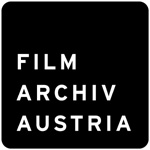 >> http://filmarchiv.at Filmarchiv Austria er det centrale sted for filmsamlinger og film dokumentation i Østrig og huser landets audiovisuelle kulturarv. De forskellige samlinger i arkivet omfatter en periode på over hundrede år, strækkende sig fra det 19. århundrede til i dag. Filmarchiv Austria har over 100.000 filmkopier, 2.000.000 fotos og film stills, cirka 25.000 film-programmer og utallige andre materialer, såsom plakater, bøger og andre dokumenter.
>> http://filmarchiv.at Filmarchiv Austria er det centrale sted for filmsamlinger og film dokumentation i Østrig og huser landets audiovisuelle kulturarv. De forskellige samlinger i arkivet omfatter en periode på over hundrede år, strækkende sig fra det 19. århundrede til i dag. Filmarchiv Austria har over 100.000 filmkopier, 2.000.000 fotos og film stills, cirka 25.000 film-programmer og utallige andre materialer, såsom plakater, bøger og andre dokumenter.
![]() >> www.mcu.es Filmoteca Española is the Spanish national film archive under the direction of the Instituto de la Cinematografía y de las Artes Visuales (ICAA) of the Ministry of Education, Culture and Sports. The aims and activities of the Filmoteca Española are:
>> www.mcu.es Filmoteca Española is the Spanish national film archive under the direction of the Instituto de la Cinematografía y de las Artes Visuales (ICAA) of the Ministry of Education, Culture and Sports. The aims and activities of the Filmoteca Española are:
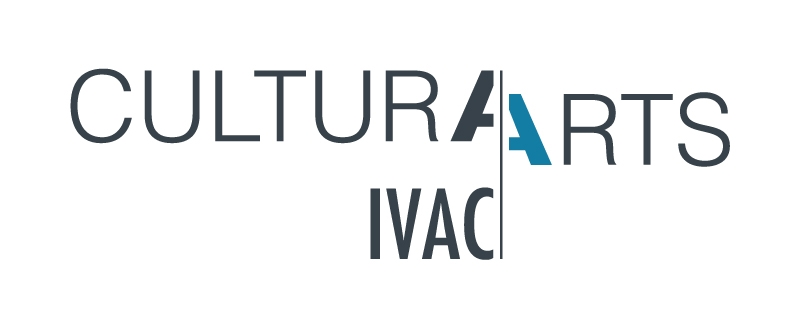
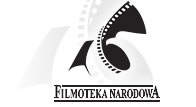 >> www.fn.org.pl The National Film Archive in Poland was created in 1955. From the beginning it belonged to The International Federation of Film Archives (FIAF), an association of the majority of film archives in the World. The collection of film reels and archival materials such as posters, photos, scripts assembled in Filmoteka Narodowa is one of the largest in Europe. With the help of few generation of archivists Filmoteka Narodowa retrieve 75% of Polish feature films from 1914 to 1939 rescued after the II World War.
>> www.fn.org.pl The National Film Archive in Poland was created in 1955. From the beginning it belonged to The International Federation of Film Archives (FIAF), an association of the majority of film archives in the World. The collection of film reels and archival materials such as posters, photos, scripts assembled in Filmoteka Narodowa is one of the largest in Europe. With the help of few generation of archivists Filmoteka Narodowa retrieve 75% of Polish feature films from 1914 to 1939 rescued after the II World War.
![]() >> www.cinetecamilano.it The Cineteca Italiana was officially founded in Milan in 1947. Its first nucleus was a small stock of cinema masterpieces rescued from destruction in the Thirties and adventurously preserved until after World War II by a group of young cinéphiles and intellectuals among whom there were the future directors Luigi Comencini and Alberto Lattuada.
>> www.cinetecamilano.it The Cineteca Italiana was officially founded in Milan in 1947. Its first nucleus was a small stock of cinema masterpieces rescued from destruction in the Thirties and adventurously preserved until after World War II by a group of young cinéphiles and intellectuals among whom there were the future directors Luigi Comencini and Alberto Lattuada.
 The Imperial War Museum was founded in 1917 to record the story of the Great War and the contributions made to it by the peoples of the Empire. An Act of Parliament formally established the Museum and its governing body, the Board of Trustees, in 1920, when the Museum opened in the Crystal Palace. From 1924 to 1935 the Museum was housed in two small galleries adjoining the Imperial Institute. In 1936 it was reopened in the central portion of the former Bethlem Royal Hospital in Lambeth Road, Southwark where it remains to this day.
The Imperial War Museum was founded in 1917 to record the story of the Great War and the contributions made to it by the peoples of the Empire. An Act of Parliament formally established the Museum and its governing body, the Board of Trustees, in 1920, when the Museum opened in the Crystal Palace. From 1924 to 1935 the Museum was housed in two small galleries adjoining the Imperial Institute. In 1936 it was reopened in the central portion of the former Bethlem Royal Hospital in Lambeth Road, Southwark where it remains to this day.
 >> www.kinoteka.org.rs Jugoslovenska Kinoteka (official title since 1952) or National Film Archive of Republic Serbia is the national film library of the Republic Serbia, founded in 1949. It consists of four organizational units: Film archive, Film museum – the cinema, The Library and General Services. Jugoslovenska Kinoteka is one of the founders and a permanent member of FIAF (International Federation of Film Archives). It takes part in the activities of FIAF since 1951. The heart of the institution is the Film Archive.
>> www.kinoteka.org.rs Jugoslovenska Kinoteka (official title since 1952) or National Film Archive of Republic Serbia is the national film library of the Republic Serbia, founded in 1949. It consists of four organizational units: Film archive, Film museum – the cinema, The Library and General Services. Jugoslovenska Kinoteka is one of the founders and a permanent member of FIAF (International Federation of Film Archives). It takes part in the activities of FIAF since 1951. The heart of the institution is the Film Archive.
![]() >> www.kava.fi Det finske Filmarkiv blev grundlagt i 1957 som en privat forening. Det følgende år indtrådte arkivet i FIAF. I 1979 blev filmarkivet en offentlig institution under Undervisningsministeriet. Den 1. januar 2008, blev arkivets funktioner udvidet til at omfatte radio-og tv-arkivering. Et nyt navn, Det Nationale AV-arkiv (KAVA), blev vedtaget på samme tid.
>> www.kava.fi Det finske Filmarkiv blev grundlagt i 1957 som en privat forening. Det følgende år indtrådte arkivet i FIAF. I 1979 blev filmarkivet en offentlig institution under Undervisningsministeriet. Den 1. januar 2008, blev arkivets funktioner udvidet til at omfatte radio-og tv-arkivering. Et nyt navn, Det Nationale AV-arkiv (KAVA), blev vedtaget på samme tid.
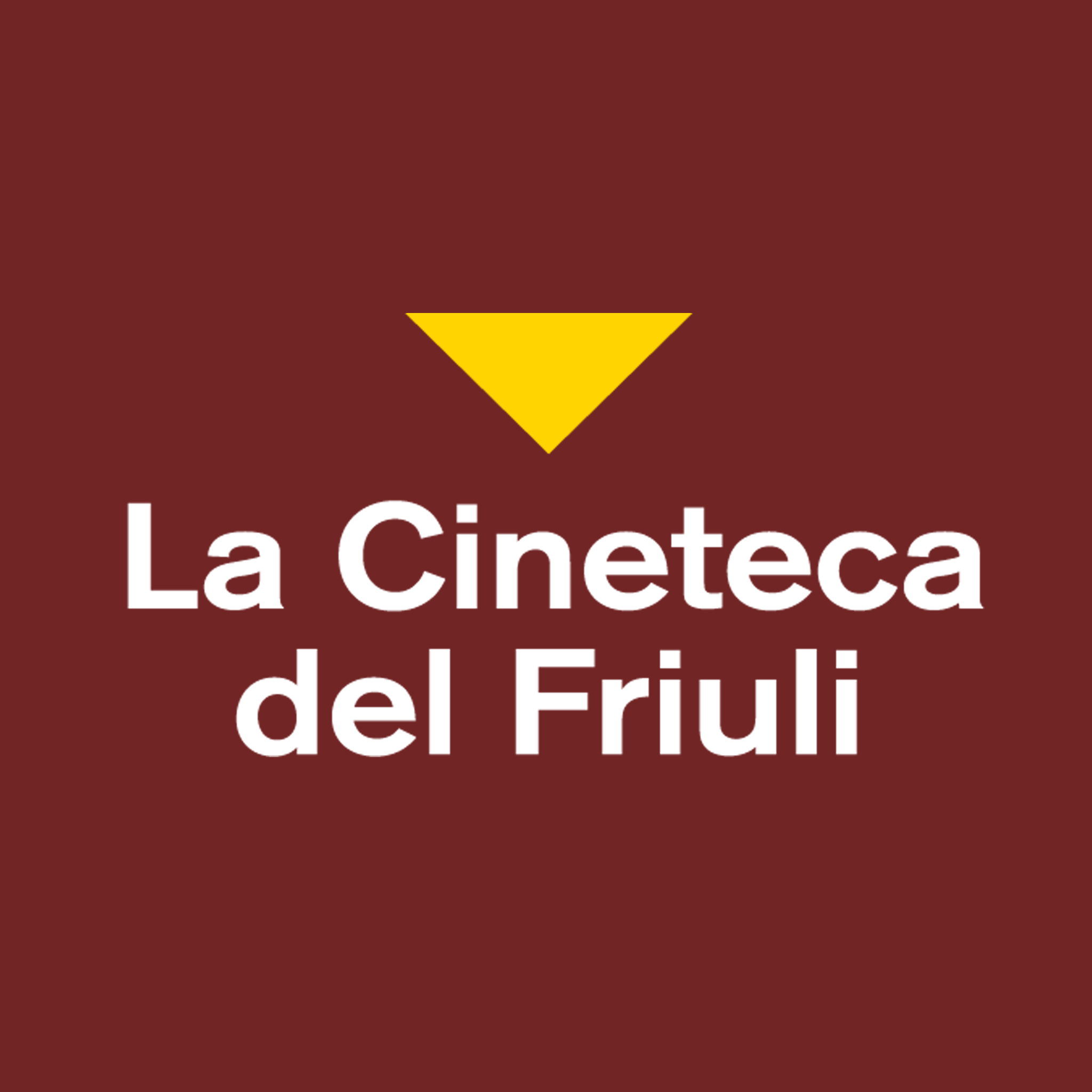 >> www.cinetecadelfriuli.org The Cineteca del Friuli was founded in Gemona in 1977, soon after the city was destroyed by the earthquake of May 1976, and is now one of the five major Italian film libraries. It joined the International Federation of Film Archives (FIAF) in 1989. The film archive began with a collection of films of historical interest and it has grown considerably over the years: it currently includes some 10,000 films in 35mm and 16mm, 50% fiction and 50% newsreels and documentaries. Small formats such as 17.5 mm, 9.5 mm, the 8mm and Super8 are also represented in about 500 copies.
>> www.cinetecadelfriuli.org The Cineteca del Friuli was founded in Gemona in 1977, soon after the city was destroyed by the earthquake of May 1976, and is now one of the five major Italian film libraries. It joined the International Federation of Film Archives (FIAF) in 1989. The film archive began with a collection of films of historical interest and it has grown considerably over the years: it currently includes some 10,000 films in 35mm and 16mm, 50% fiction and 50% newsreels and documentaries. Small formats such as 17.5 mm, 9.5 mm, the 8mm and Super8 are also represented in about 500 copies.
>> www.landesfilmsammlung-bw.de The Landesfilmsammlung Baden-Wuerttemberg (LFS) is the central film archive of the federal state of Baden-Wuerttemberg in Germany. It was established in 1998. The LFS collects films from and about Baden-Wuerttemberg. In addition it archives copies of films funded by the MFG Film Funding Organization. More than 8.500 films have been collected so far from communal, church, state and company archives as well as private collections, the major sources of the constantly growing collection. The oldest film reel dates back to 1904, the latest video file was recorded only last year.
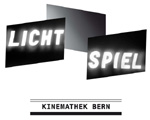 >> www.lichtspiel.ch I 2000 overtog foreningen Lichtspiel ansvaret for de truede filmiske samlinger af Berner biografteknikeren Walter A. Ritschard. Siden da har udvalgets medlemmer ikke blot genoprettet denne ekstraordinære samling og gjort den tilgængelig for offentligheden, men har også udviklet et regionalt Cinémathèque, som er blevet en grænseflade for alle film- og biograf-relaterede spørgsmål.
>> www.lichtspiel.ch I 2000 overtog foreningen Lichtspiel ansvaret for de truede filmiske samlinger af Berner biografteknikeren Walter A. Ritschard. Siden da har udvalgets medlemmer ikke blot genoprettet denne ekstraordinære samling og gjort den tilgængelig for offentligheden, men har også udviklet et regionalt Cinémathèque, som er blevet en grænseflade for alle film- og biograf-relaterede spørgsmål.
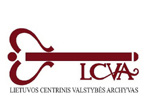 >> www.archyvai.lt Det litauiske statsarkiv er det største arkiv inden for staten arkiveringssystem. Den vigtigste mission er at indsamle og bevare papir-baserede og audiovisuelle dokumenter for fremtidige generationer, samt give permanent offentlig adgang til samlingerne.
>> www.archyvai.lt Det litauiske statsarkiv er det største arkiv inden for staten arkiveringssystem. Den vigtigste mission er at indsamle og bevare papir-baserede og audiovisuelle dokumenter for fremtidige generationer, samt give permanent offentlig adgang til samlingerne.
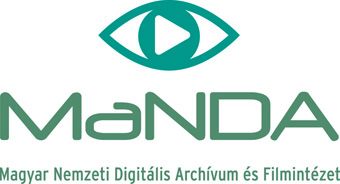 >> http://mandarchiv.hu/ Det ungarske Institut for Filmvidenskab blev grundlagt i 1957. Siden 2000 har navnet været Ungarns Nationale Filmarkiv og dets status »national offentlig samling«. Arkivets opgaver er indsamling, erhvervelse, bevarelse, restaurering, screening og professionel opbevaring af ungarske spillefilm, dokumentarfilm, ugerevyer, animationsfilm, populærvidenskabelige film, samt internationale filmklassikere.
>> http://mandarchiv.hu/ Det ungarske Institut for Filmvidenskab blev grundlagt i 1957. Siden 2000 har navnet været Ungarns Nationale Filmarkiv og dets status »national offentlig samling«. Arkivets opgaver er indsamling, erhvervelse, bevarelse, restaurering, screening og professionel opbevaring af ungarske spillefilm, dokumentarfilm, ugerevyer, animationsfilm, populærvidenskabelige film, samt internationale filmklassikere.
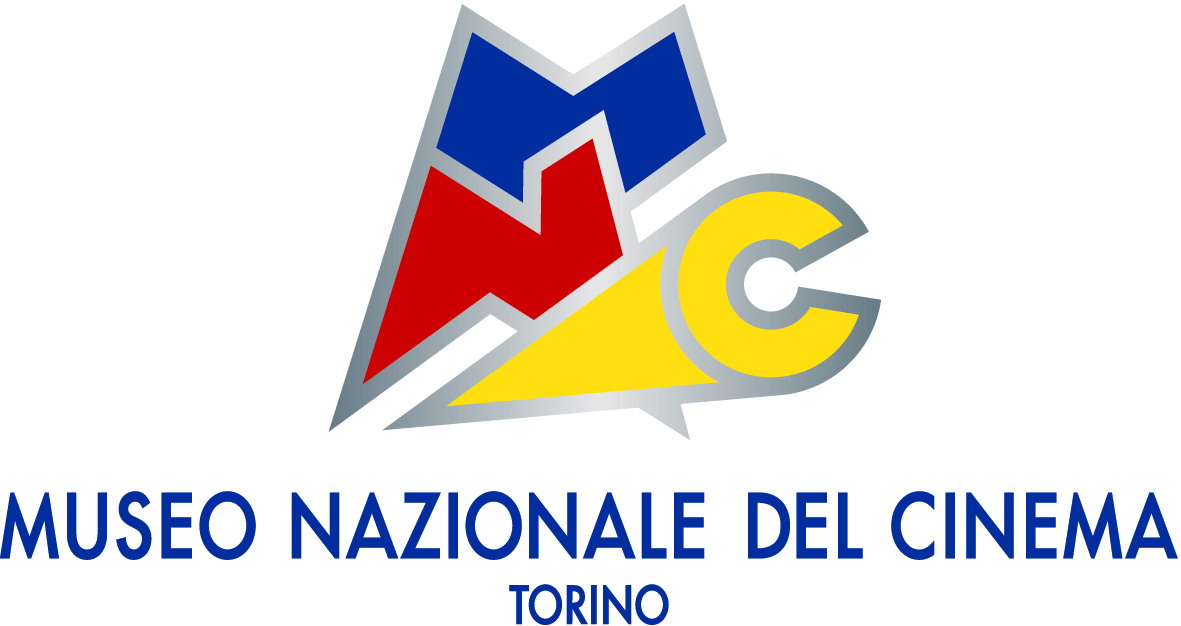 >>www.museocinema.it Unique in Italy and among the most important worldwide, the Museo Nazionale del Cinema (or National Cinema Museum) is hosted within the Mole Antonelliana in Turin, the symbol of the city. Inaugurated in July 2000, it has seen over 6,500,000 visitors (568,000 only in 2012) in 13 years, becoming one of the most visited museums in Turin and in Piedmont and garnering much acclaim at an international level; a remarkable goal for a very particular museum, which proposes to charm its visitors by drawing them into the enchanting world of the Seventh Art.
>>www.museocinema.it Unique in Italy and among the most important worldwide, the Museo Nazionale del Cinema (or National Cinema Museum) is hosted within the Mole Antonelliana in Turin, the symbol of the city. Inaugurated in July 2000, it has seen over 6,500,000 visitors (568,000 only in 2012) in 13 years, becoming one of the most visited museums in Turin and in Piedmont and garnering much acclaim at an international level; a remarkable goal for a very particular museum, which proposes to charm its visitors by drawing them into the enchanting world of the Seventh Art.
 >> www.nfa.cz Filmarkivet i Prag blev grundlagt i 1943 af det tjekkisk-mähriske Film Center, for at beskytte filmmaterialer mod krigsoperationer. I 1946 blev det medlem af Den Internationale Sammenslutning af Filmarkiver (FIAF). Efter at være blevet en del af det tjekkoslovakiske filminstitut, blev arkivet etableret som den uafhængige institution National Film Archive (NFA), ved afgørelse af ministeren for kultur i 1992. NFA hører til blandt de vigtigste nationale kulturinstitutioner i Den Tjekkiske Republik, og er et af de største filmarkiver i verden.
>> www.nfa.cz Filmarkivet i Prag blev grundlagt i 1943 af det tjekkisk-mähriske Film Center, for at beskytte filmmaterialer mod krigsoperationer. I 1946 blev det medlem af Den Internationale Sammenslutning af Filmarkiver (FIAF). Efter at være blevet en del af det tjekkoslovakiske filminstitut, blev arkivet etableret som den uafhængige institution National Film Archive (NFA), ved afgørelse af ministeren for kultur i 1992. NFA hører til blandt de vigtigste nationale kulturinstitutioner i Den Tjekkiske Republik, og er et af de største filmarkiver i verden.
![]() >> www.nb.no Nationalbiblioteket i Norge er ansvarligt for indsamling, bevarelse og genoprettelse af den norske filmarv, for at gøre denne t
>> www.nb.no Nationalbiblioteket i Norge er ansvarligt for indsamling, bevarelse og genoprettelse af den norske filmarv, for at gøre denne t
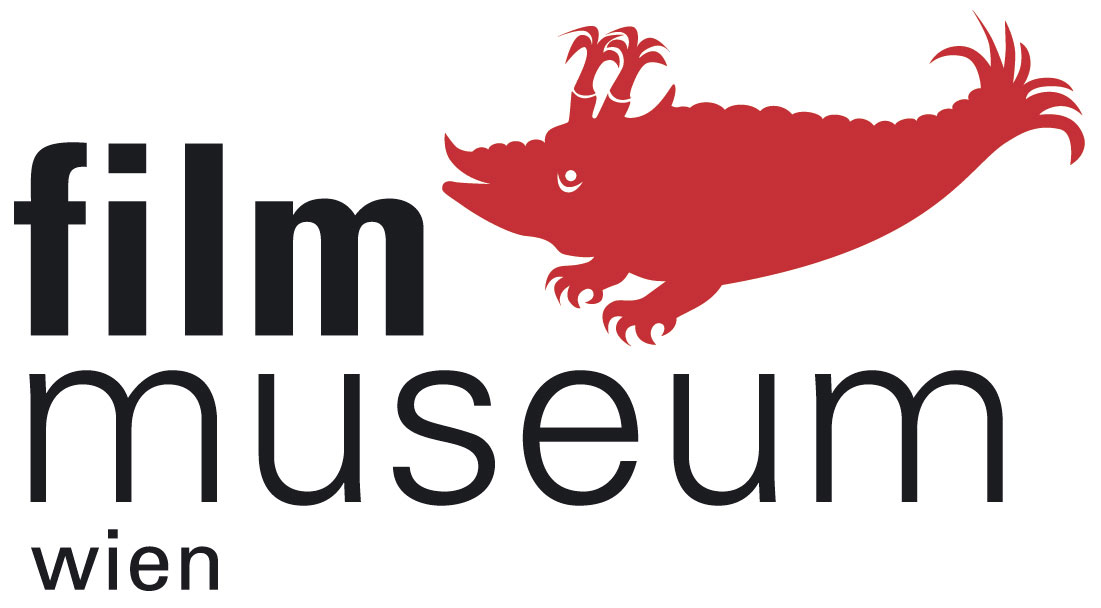 >> www.filmmuseum.at Österreichisches Filmmuseum (Austrian Film Museum / OeFM) is a specific exhibition space (film as a time-based event, the experience of a performative act), a collection site and archive (film as an artefact, as local and global memory), a research and study centre, as well as a place for public debate and reflection (film as a nodal point of discourse on culture and society).
>> www.filmmuseum.at Österreichisches Filmmuseum (Austrian Film Museum / OeFM) is a specific exhibition space (film as a time-based event, the experience of a performative act), a collection site and archive (film as an artefact, as local and global memory), a research and study centre, as well as a place for public debate and reflection (film as a nodal point of discourse on culture and society).
![]() >> ssa.nls.uk
>> ssa.nls.uk
The Scottish Screen Archive is a film and video collection of over 100 years of Scotland's history. The archive reflects 20th-century Scottish social, cultural and industrial history, the lives of ordinary Scots across the generations and the achievements of Scottish film-makers in the craft of film production. It joined the National Library of Scotland in 2007.
 >> www.sfi.se The Swedish Film Institute works to promote film across the board – from idea to finished product, during launch in Sweden and around the world, and by preserving films for posterity in our archives. It was founded in 1963 by the Swedish state and the various professional bodies of the film industry.
>> www.sfi.se The Swedish Film Institute works to promote film across the board – from idea to finished product, during launch in Sweden and around the world, and by preserving films for posterity in our archives. It was founded in 1963 by the Swedish state and the various professional bodies of the film industry.
.jpg) >> www.tainiothiki.gr Den græske filmarkiv blev først oprettet i 1950 af Foreningen af filmkritikere i Athen. I 1963 blev en fond ved navn "Græske Film Arkiver" officielt oprettet ved kongeligt dekret (105/1963). Siden 1983 har det græske filmakiv været fuldgyldigt medlem af Den internationale sammenslutning af filmarkiver (FIAF). Det græske filmarkiv er registreret som en kulturel non-profit fond og modtager et årligt tilskud fra det græske kulturministerium.
>> www.tainiothiki.gr Den græske filmarkiv blev først oprettet i 1950 af Foreningen af filmkritikere i Athen. I 1963 blev en fond ved navn "Græske Film Arkiver" officielt oprettet ved kongeligt dekret (105/1963). Siden 1983 har det græske filmakiv været fuldgyldigt medlem af Den internationale sammenslutning af filmarkiver (FIAF). Det græske filmarkiv er registreret som en kulturel non-profit fond og modtager et årligt tilskud fra det græske kulturministerium.
Arkivet rummer den største og vigtigste filmsamling i Grækenland, bestående af 10.000 udenlandske og over 2.500 græske titler, samt en samling af præ-filmisk apparatur, lanterna magica, samt forskellige typer af kameraer og biograf-relateret udstyr. Hertil kommer 7.000 fotografier fra græske film, og yderligere 10.000 fra udenlandske film, samt omkring 5.000 stills og programmer, 800 græske og 1.500 udenlandske filmplakater. Arkivets bibliotek har en bred samling bøger, film-kataloger og magasiner tilgængelige for offentligheden.
 Deutsch
Deutsch English
English Čeština
Čeština Dansk
Dansk Français
Français Italiano
Italiano Lietuvių
Lietuvių Magyar
Magyar Nederlands
Nederlands Norsk
Norsk Português
Português Suomi
Suomi